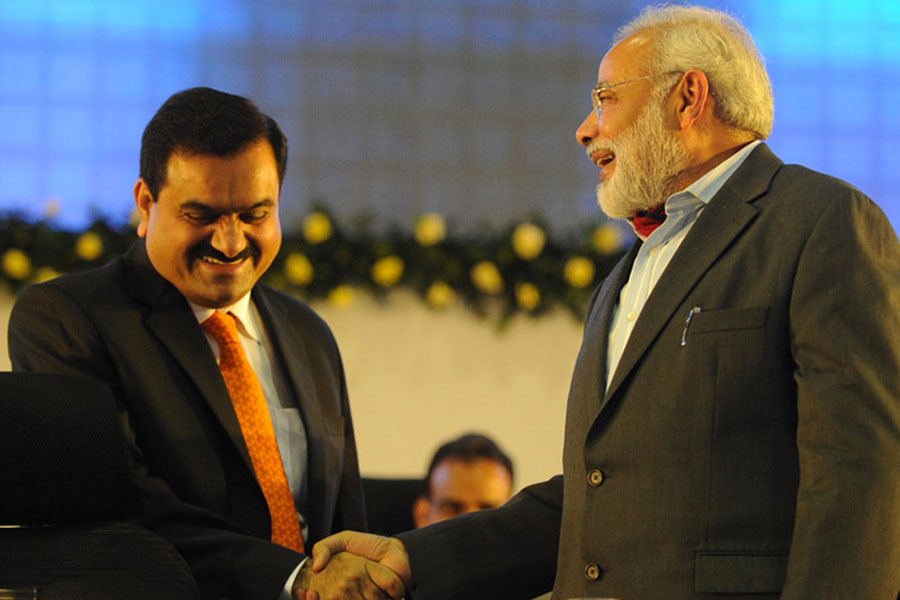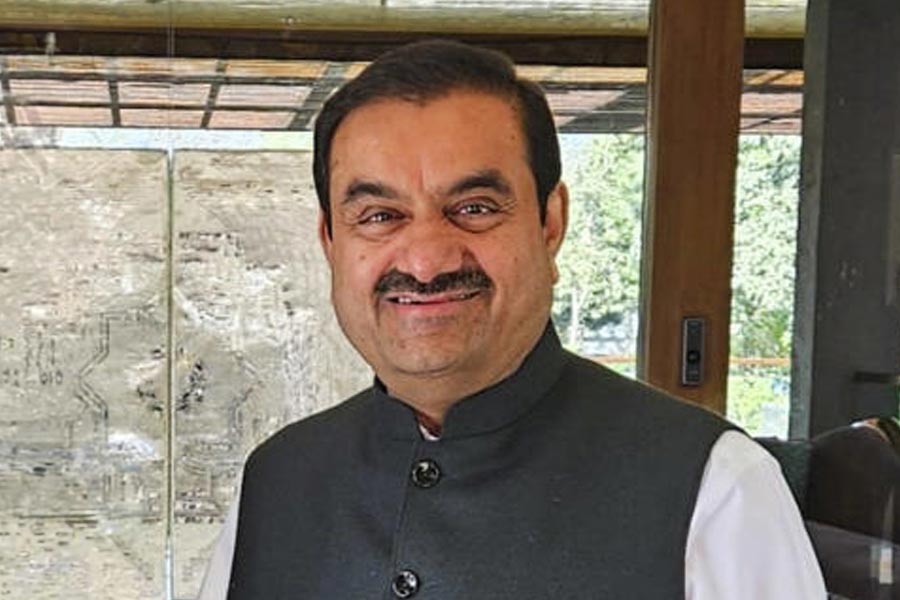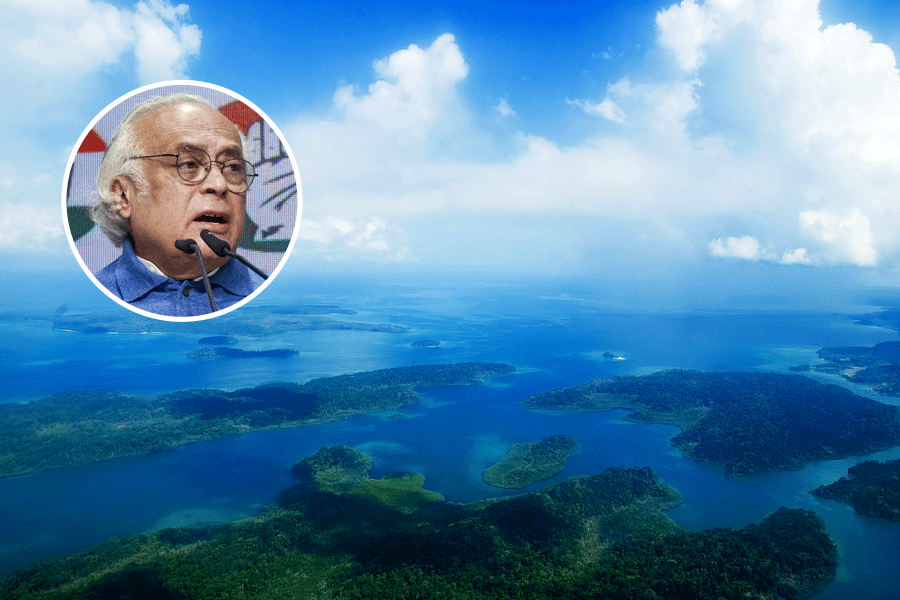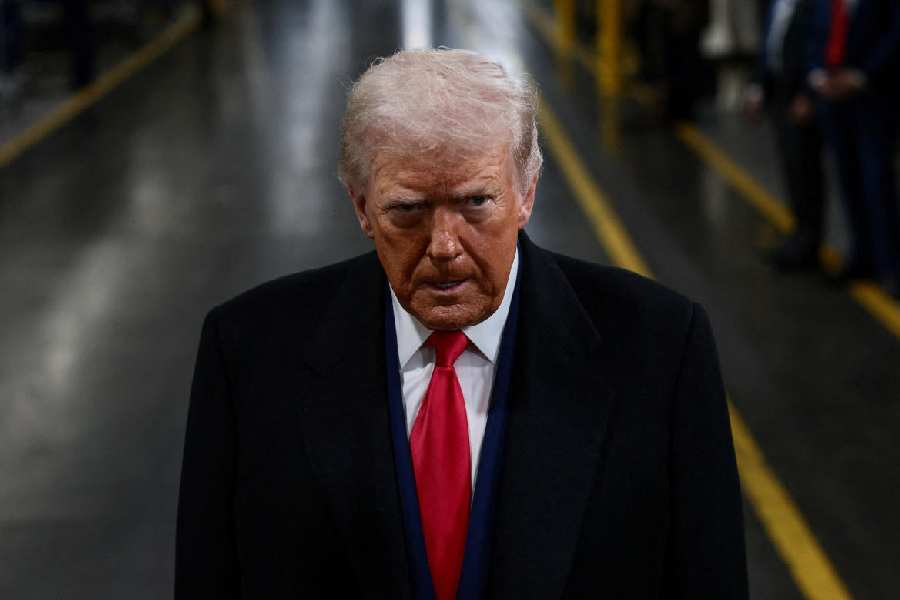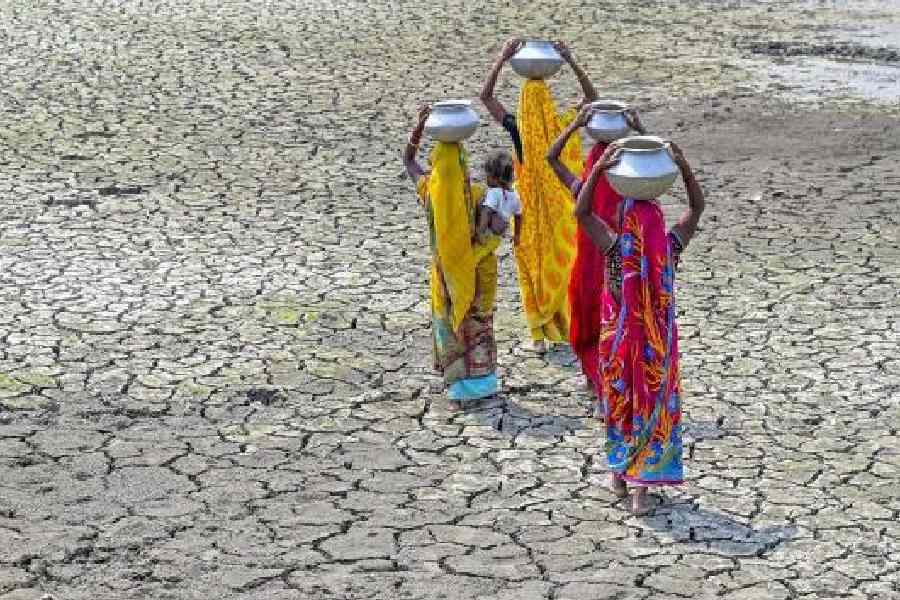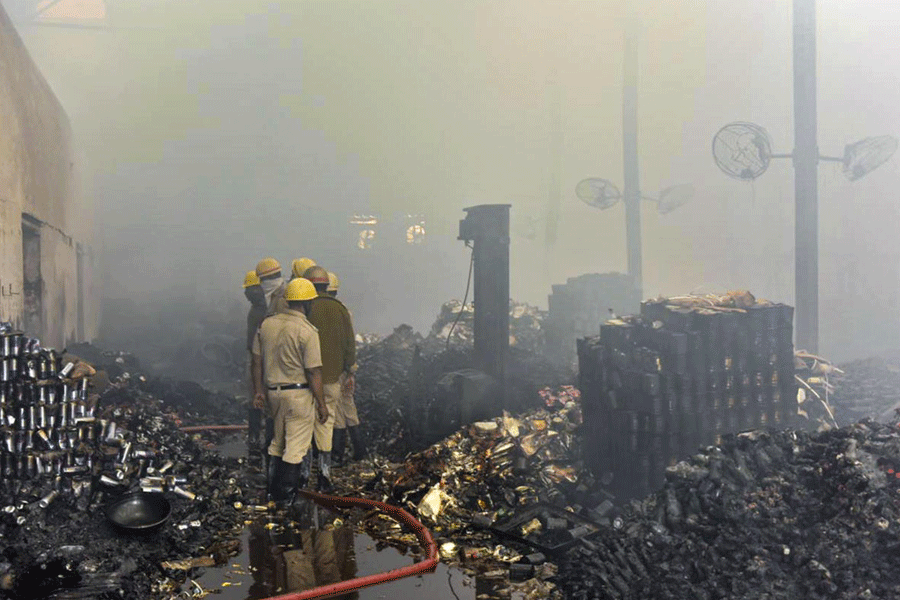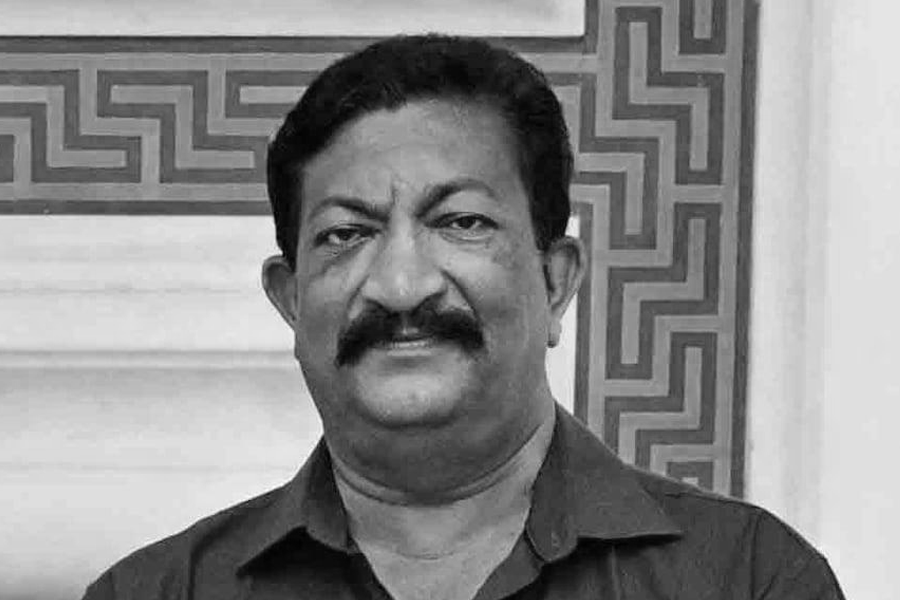The Narendra Modi government had relaxed defence protocols allowing Gautam Adani to go ahead with the world’s largest renewable energy park in Gujarat’s Khavda with solar panels and wind turbines within a kilometre of the India-Pakistan border along the Rann of Kutch, a British newspaper report claimed Wednesday.
The tweak in the protocols has also paved the way for similar construction on the borders with other neighbouring countries like China, Bangladesh, Nepal and Myanmar, according to the report in The Guardian.
The purported change in policy, if genuine, raises questions on how India planned to mobilise its defence forces in the area if facing a security threat or an incursion from Pakistan as had happened earlier.
The 445 sq km land in Kutch was leased out to Adani’s company by the Gujarat state government.
The Guardian claimed to have accessed documents that revealed the defence ministry’s amendment on security protocols to facilitate the ambitious project of Adani, whose alleged proximity to Prime Minister Modi has been the subject of severe criticism from the national Opposition, specially Congress leader Rahul Gandhi.
No major constructions were allowed up to 10km from the border with Pakistan, apart from existing villages and roads. The two countries share a 3,323-km border from Gujarat till Jammu and Kashmir.
According to The Guardian, the documents show the BJP had “lobbied at the highest levels for the protocols to be relaxed to make land in the Rann of Kutch available for both solar and wind construction”.
The Gujarat government wrote a letter to the Prime Minister’s Office in April 2023 to “raise the matter with the ministry of defence,” according to the british newspaper. ”
A meeting was held in Delhi on April 21, 2023, which was attended by the director general of military operations and officials from the Gujarat government and ministry of renewable energy with the Union government, the newspaper claimed.
When the military had raised “apprehensions” on the implications of solar panels on tank mobilisation and surveillance along the border, they were assured “that solar platforms would be adequate in mitigating any threats from enemy tank movements,” according to The Guardian.
The requests to adjust the solar panels size were reportedly rejected by the developer.
The Guardian wrote: “At the end of the meeting, the defence ministry agreed with a “mutual consensus” to allow for solar panels and wind turbine to be built as close as 1km to Pakistan, in order to make the land economically viable for renewable energy.”
The Modi government, according to the British newspaper, issued a notification on May 8, 2023 to all ministries “confirming a relaxation of the guidelines around infrastructure development, which applied not only on the India-Pakistan border, but also on land adjoining Bangladesh, China, Myanmar and Nepal”.
The Guardian stated that the Gujarat government had earlier leased 230 sq km of land in Khavda to state-run Solar Energy Corporation of India. In May 2023, the SECI was asked to return the land to the Gujarat government, which it did on July 17, 2023. In early July, the Adani group had shown interest in the Khavda land.
In November, a US indictment accused Adani and his executives of involvement in an alleged scheme to pay $265m (£215m) in bribes to Indian government officials between 2020 and 2024 in an attempt to obtain lucrative solar energy supply contracts.
The majority of these allegedly “corrupt” deals cited by US investigators related to renewable energy that would allegedly be generated at Adani’s Khavda plant and sold to state governments at inflated prices.
The Andhra Pradesh state government is taking a fresh look at one of the biggest deals, to buy 7GW of solar power from Adani’s Khavda plant, while France’s TotalEnergies, which paid $444m for a stake in the project, said it was suspending all further investment in the conglomerate.
The Adani Group has denied all allegations as “baseless” and said it was seeking all “possible legal recourse”.

